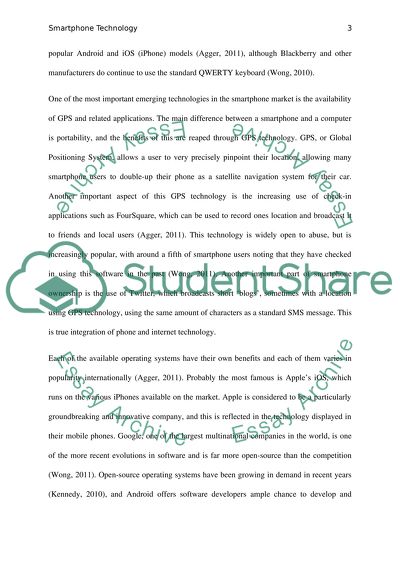Cite this document
(“Smart Phones Essay Example | Topics and Well Written Essays - 2500 words”, n.d.)
Retrieved from https://studentshare.org/environmental-studies/1421890-smart-phones
Retrieved from https://studentshare.org/environmental-studies/1421890-smart-phones
(Smart Phones Essay Example | Topics and Well Written Essays - 2500 Words)
https://studentshare.org/environmental-studies/1421890-smart-phones.
https://studentshare.org/environmental-studies/1421890-smart-phones.
“Smart Phones Essay Example | Topics and Well Written Essays - 2500 Words”, n.d. https://studentshare.org/environmental-studies/1421890-smart-phones.


